#mark leyner
Text
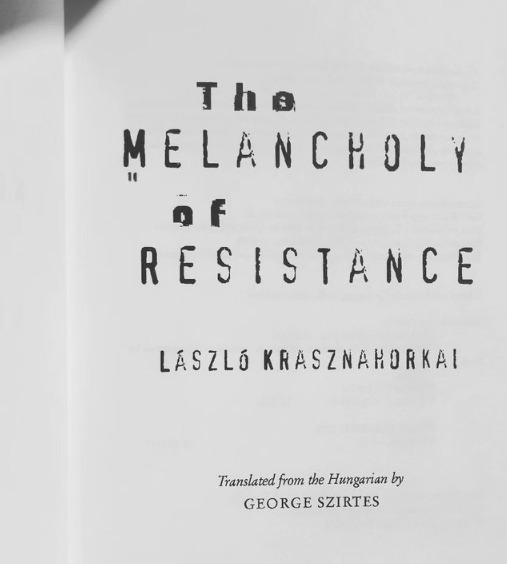
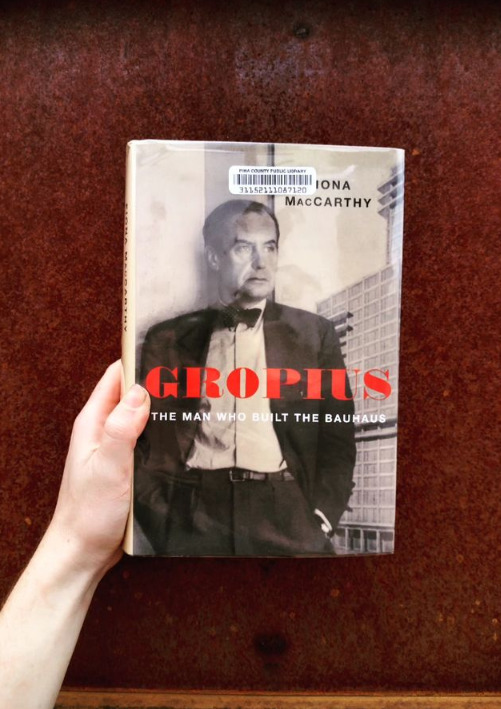

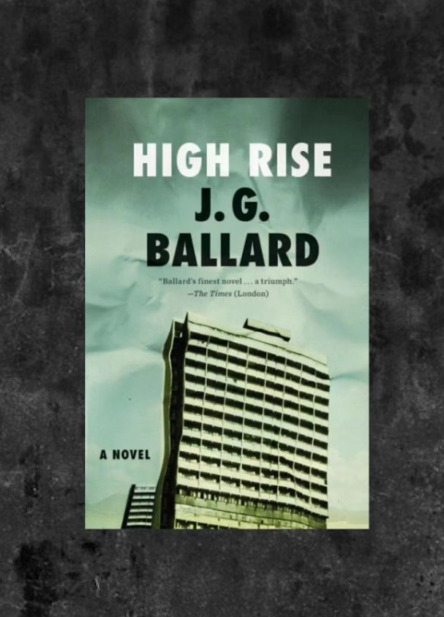
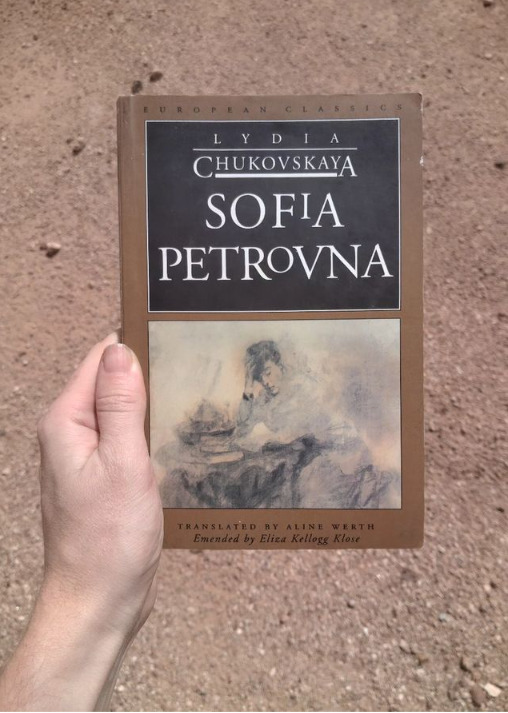
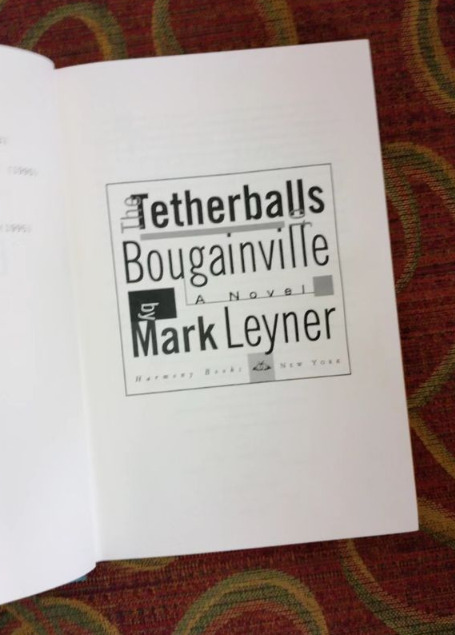
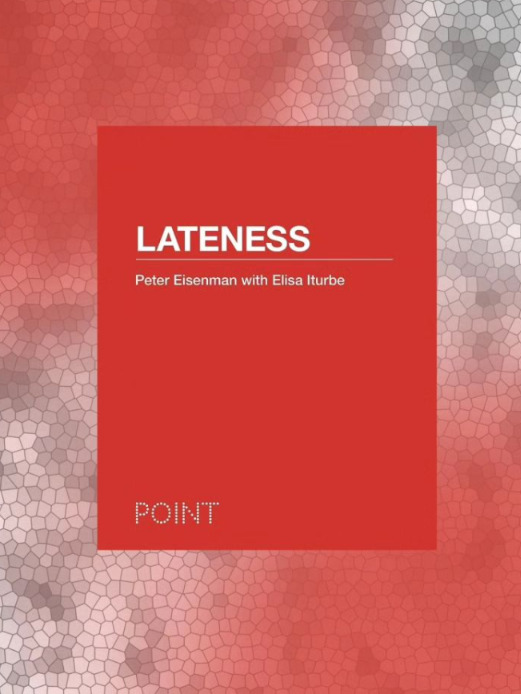
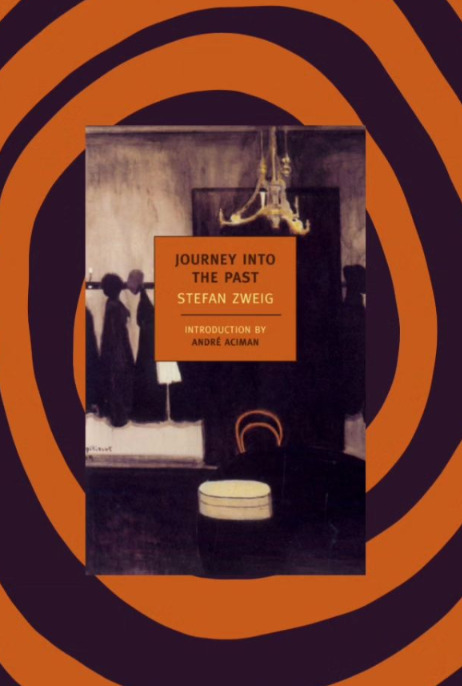
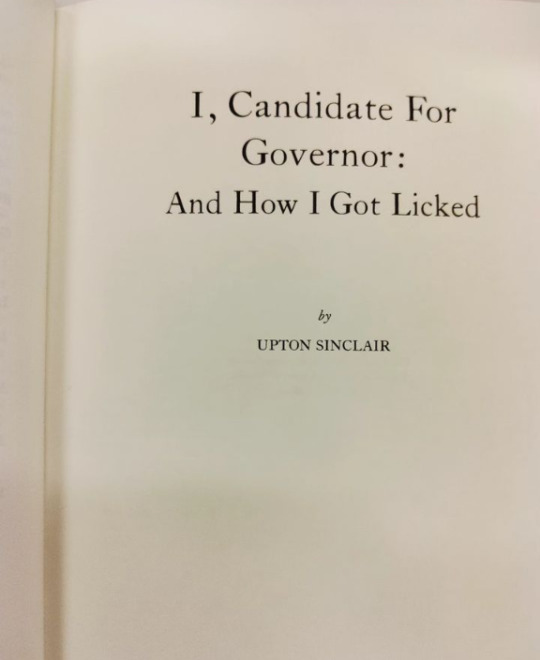
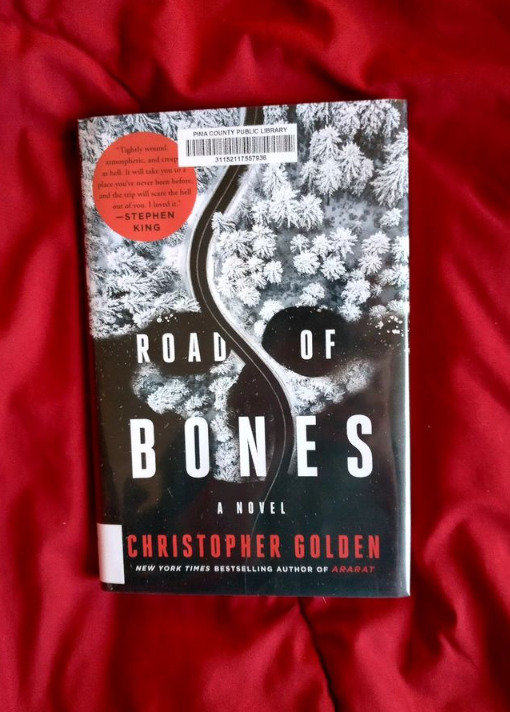
Books 51-60 of the year 📚
#read in 2023#laszlo krasznahorkai#walter gropius#peter eisenman#upton sinclair#j.g. ballard#stefan zweig#mark leyner#jon fosse#lydia chukovskaya#christopher golden#jg ballard#talks
4 notes
·
View notes
Photo

Bad movie I have Cell 2016
#Cell#John Cusack#Samuel L. Jackson#Isabelle Fuhrman#Clark Sarullo#Ethan Andrew Casto#Owen Teague#Stacy Keach#Joshua Mikel#Anthony Reynolds#Erin Elizabeth Burns#Jeff Hallman#Mark Ashworth#Wilbur Fitzgerald#Catherine Dyer#E. Roger Mitchell#Alex ter Avest#Gaby Leyner#Rey Hernandez#Frederick C. Johnson Jr.#Michael Beasley#Tom Key#Angela Davis#Griffin Freeman#Lloyd Kaufman#Brian Boland#Mandi Christine Kerr#Alexis Humphrey#Karl McIntosh Cobos#Usher Lawrence
1 note
·
View note
Quote
If I were asked to give a commencement speech (which I'll never be), I'd say basically: They're all gonna laugh at you. Life is pretty much like Carrie's prom. So ... stay secret.
Gone With the Mind by Mark Leyner
9 notes
·
View notes
Text
January 2024 Round Up
Goals and Performance:
1). 50 books this year, 5 this month - Made it to 4 1/2 books
You Are More Than You Think You Are - Kimberly Snyder
Quietly Hostile - Samantha Irby
Wow, No ,Thank You - Samantha Irby
Why Do Men Have Nipples? - Mark Leyner
The Urge - Carl Fisher
2). Improve at yoga, stretch for at least 10 minutes every day
Stretched 11/30 days - often over 20 minutes at a time
3). Run a 10 K this year, run 25 K for the month of January, and run 5 K this week
Ran over 30 K in January!
4). Healthy dating/love life even when single
Continued seeing Connor, being honest/kind with/to him.
5). Regular journaling
Journaled over 20 days this month!
6). Write/Perform Standup
Wrote but no performance
7). Move forward in your career
Got re-extended, motivated to push forward and advocate for myself
8). Cook quality meals, 15 this month (today's was chicken, balsamic vinegar, roasted broccoli, and potatoes)
Cooked 16 amazing meals (the 30th was Scallops w/ Linguine)
Biggest Lesson: Quitting isn't stopping, is when you stop starting
Happiest Moments: Beating mile time twice in one week, meeting Connor's friends
0 notes
Link
Check out this listing I just added to my Poshmark closet: 🎈3/$15"Why Do Men Fall Asleep After Sex" 12 Chapters Paper Back 262 Pages.
0 notes
Text
Broadening your perspective through study or travel
◊ with it
◊ for this subscene you
◊ from Japan
◊ of a name
◊ of Black Leather Chrome Mirrorshades
◊ ABOUT IT
◊ as a billboard advertising yourself
◊ of your dot.sig
◊ with *attitude
◊ up Displays Personal Communicators Pagers... Or + Realistic Balsa Mockups
◊ of program
◊ for anything
◊ for Your Laser Pointer + Laminator
◊ in life
◊ into the phone company itself
◊ in Congress
◊ than
◊ of the Flame + Online Poise: Cool
◊ of ephedrine
◊ inhouse
◊ at You Every Time You Look
◊ with the formatting
◊ in cryptology
◊ about The Cure
◊ as TLA
◊ on the info highway
◊ at some time
◊ like US Online your domain eddress
◊ in beta test>>: Not
◊ in That Dumpster + Why Cyberpunks Avoid Altered States + Coping With Neurotoxins + Why Some Cyberpunks Love Star Trek Even Though It Sucks + When Cyberpunks Always Diss What
◊ in a MUD Uncowed
◊ from dysgruntlement
◊ of
◊ of Interlocked Rings Chains Blocks Helices
◊ of the money you'll
◊ in ascii art
◊ if I
◊ of people
◊ at Them
◊ in *Building Your Cyber Word Power
◊ of activities
◊ in
◊ as investment property
◊ for th emselves
◊ like .au
◊ by this I
◊ into YOU
◊ about this category
◊ out.... it's
◊ for anybody
◊ like dark.satanic.mil
◊ If it's
◊ about cyberspace
◊ for people
◊ at the End
◊ with an Andy Warhol badge
◊ of
◊ From Jude
◊ between theory
◊ of Your Computer Monitor
◊ In this crew
◊ for the universe
◊ of Cyber; And Everything You Wanted
◊ on raver drugs
◊ which you
◊ from the beta phase
◊ in the sky
◊ on their faces
◊ in the summer
◊ on wardrobe updates
◊ on a scale
◊ in the dark
◊ as *shuriken
◊ of the nineties
◊ In beta
◊ of these jaspers
◊ of control hamsters
◊ After this book they
◊ of plaid 'n' paisley
◊ in the future
◊ in Amsterdam
◊ if she
◊ of being
◊ in the
◊ that you
◊ with phonejacks
◊ since these guys
◊ as she
◊ in response
◊ from a California blonde
◊ by Mark Leyner
◊ for yourself
◊ with tech expertise
1 note
·
View note
Photo

73 notes
·
View notes
Quote
We each have this ridiculously finite number of things inscribed in our minds, and what we do, moment by moment, is continuously postulate an extrinsic 'world' for ourselves by reshuffling and recapitulating these ridiculously finite number of things. But it’s a completely closed system — there’s no 'world' actually extrinsic to it.
Mark Leyner, The Sugar Frosted Nutsack
101 notes
·
View notes
Text
Take notes, gents. This is how you write women

0 notes
Text
Pinochle
Autor: Mark Leyner
Mi padre y yo nos encontrábamos en la costa este para filmar la historia de nuestra abuela de noventa y cuatro años, Rose Leyner, que nació en Stralish, Polonia (donde cuando era niña conducía una carreta de paja tirada por caballos) emigró a los Estados Unidos en 1914 y vivió en el Lower East Side, después en New Jersey y ahora vivía en Studio City, California, en lo que mi padre describe vehementemente como una casa de asistencia al adulto mayor y no un asilo de ancianos. (Para mi padre, un abogado litigante, una nomenclatura rigurosa es tanto una táctica como un ethos.) Para darnos algo de fuerza, llevamos a mi abuela a un comedor de sushi bastante promocionado en el boulevard Ventura.
Rose había colocado una cantidad indescriptible de wasabi en su pequeño plato cerámico de salsa soya. Su chaqueta cachemira de un color azul similar a los huevos de un petirrojo, una chalina amarilla ajustada alegremente en su cuello, su cabello blanco como merengue. Su elegancia no había sido viciada en lo más mínimo de la curvatura de su espina. Remueve el wasabi (ahora salobre y coagulado, con apariencia de algo fermentado en cubas gorgojeantes como las que se veían en la guerra del golfo) y, temblando, empieza a untar, precariamente, un enorme pedazo de seriola. A su edad, la cubierta del esófago es como papel de seda. Esa mierda caustica puede penetrarlo como ácido clorhídrico. Una mujer de esa edad, así de frágil, podría morir por eso, ¿verdad? Alguien debería detenerla.
Mi padre y yo intercambiamos miradas cómplices, nuestras cejas se levantan mientras sentimos la despiadada curiosidad seudocientífica de los niños. Miramos. Ella está masticando. Algo que parece una pasta verde gotea hacia su quijada. Ella traga. — Nada mal— dice encogiendo los hombros, estirándose en la mesa para tomar los rollos de cangrejo.
— Vieja, eres como una versión gastronómica de esos motociclistas, los ángeles del Infierno. —
—¿Cómo me llamaste? — Gruñe, con su inimitable, espontanea e instantáneamente evaporable beligerancia.
—¿Qué dijo? — pregunta mi padre, colocando su mano alrededor de su oreja.
—¿Cómo me llamaste? — cité.
—¿Por qué discutes con tu padre? — dijo mi abuela —coman—.
Papá, mientras tanto, mira su reloj. Quiere empezar a grabar.
Mi abuela es la última Leyner nacida en europa, y hay un imperativo antropológico para obtener su historia antes de que sea muy tarde. Su esperanza de vida ya ha pasado las tablas actuariales.
No lo pienso mucho y trago dos pedazos enormes de pescado, cubiertos con la marinada mortal de mi abuela, y vamos de regreso a su hogar.
En el camino a su habitación, ella me presenta a todas las personas que nos encontramos. “Este es mi nieto, el escritor,” dice, sonriente, y después, una vez que la persona está fuera de alcance, me comenta un dato distintivo: “Se moja los pantalones,” o “Se toca todo el día,” o “trastornado, se habla a sí mismo.” Quizás tiene razón en lo de la enuresis y la masturbación, pero sobre el tipo trastornado —un hombre demacrado en una camiseta de seda cara, con su cinturón ajustado casi a la altura de su diafragma— no habla consigo mismo; él canta. Puedo reconocer el hit de Petula Clark: “Downtown”.
La cámara está colocada encima de una pila de libros; mi abuela, enmarcada a media distancia, sentada en el sillón de su habitación. En respuesta a las primeras preguntas, ella encoge los hombros, como tomándose todo a la ligera. “¿Cómo esperas que recuerde todas esas cosas? Era una niña pequeña.”
A medida que cada pregunta falla en provocar una viñeta pintoresca al estilo de Isaac Bashevis Singer sobre la vida en Shtetl, mi padre empieza a entrar en pánico. Es entendible —el reloj sigue su curso. Con cada momento que pasa, un nombre, un enlace genealógico, una anécdota se borra del disco duro de esta pobre mujer. Cuando ella no puede recordar si su lugar de nacimiento estaba bajo soberanía de Polonia o Austria, mi padre se lanza desatando su armamento de herramientas para los interrogatorios cultivadas durante una carrera de cuarenta años.
—¿Nos dices que no puedes recordar si Stralisk era Polaca o Austriaca? —
—No puedo recordarlo—
—¿No puedes recordarlo? — agita su cabeza y silva con incredulidad -—No es un hecho que Starlisk estaba bajo control Austriaco? —
—No lo sé—
—Pero no hubo algún momento en el que te enteraste de que Stralisk ya no era considerada parte de Polonia. —
—Puede que haya oído algo sobre eso. —
—¿Hablabas Yiddish o polaco en tu hogar? —
Ella encoge de hombros
—¡Esa no es una respuesta!, hablabas Yiddish, NO ES ESO CORRECTO—
Ahora está apuntado con su dedo en gesto acusatorio, haciendo pucheros; no me sorprendería que sacará alguna pieza fosilizada o petrificada de comida en una bolsa plástica de las que usan para guardar evidencia. “¿Reconoces ESTO?”
Estoy indignado. —¡Papá! Esto no está bien viejo, apaga la cámara, ahora. —
—Sólo estoy tratando de refrescar su memoria. Estate callado, no estas ayudando. —
—No, cállate tú. ¿Nana, estás bien? —
—Oh, ella está bien, — dice él, entrecerrando sus ojos a través del visor.
—¿¡Te parece que esto está bien!? ¿Esta es tu idea de grabar una historia oral? ¡Porque no le pones electrodos a sus genitales! Eso seguramente le refrescaría la memoria. —
Mi abuela hace un guiño hacia la cámara, serenamente le da un sorbo a su jugo de manzana. (meses después, mientras reviso el video, descubro sus guiños, los que asumí eran una forma de tic, pero en realidad eran un código, como esos empleados por los prisioneros de guerra para señalarles a sus coterráneos que están siendo forzados a hablar).
Mi abuela, por supuesto, estaba decidida a no cooperar, sólo por diversión.
Es una nuez dura. Nada sentimental. Pétrea. Una vez más me preguntó porque mis padres se divorciaron. “Creo que ya no eran felices,” le dije “¿Quién es feliz?” resopló, como si fuera el criterio más frívolo para un matrimonio que hubiera oído. “¿Amaba a tu abuelo, pero crees que éramos felices? Él era un hombre, jugaba mucho pinocle.” (Pinocle es el eufemismo que usa mi abuela para los affairs. Mi abuelo si jugaba mucho a las cartas, pero no tan compulsivamente como pareciera.) Así que, contando el hecho de que la mujer había pasado toda su vida observando cínicamente a hombres fumadores de cigarros en fedoras despidiéndose para jugar a las cartas, ella no va sentarse aquí para ofrecer alegremente un montón de anécdotas melosas de los viejos tiempos.
Y también está mi padre. A pesar de ser una persona paciente y empática con todos los demás, no tiene mucha paciencia con su propia madre. Pero había tenido demasiado. Cualesquiera que sean las dinámicas que estaba ocurriendo ahí, soy muy melidroso para verlas. Me retiro, dejándole a mi padre completar la cinta. En el elevador, me encuentro con el tipo el camisa de seda y sus pantalones muy subidos y ajustados, y escucho una hermoso susurro de R. B. Greaves “Take a letter Maria”.
Para mi asombro, el corte final del video es extraordinario. Al final, hay una toma increíble a través de la cocina del hogar de descanso hacia el comedor como la celebrada escena en el Copacabana en “Goodfellas.” (Cuando le pregunto a mi padre si su intención fue hacer un homenaje a la película de Scorsese, él dice que no recuerda haberla visto. Y después hace algo que odio: le pregunta a su esposa si vieron “Goodfellas.” Y cuando ella responde afirmativamente hace algo que detesto aún más: le pregunta si le gustó.)
Las tomas posteriores son ricas y conmovedoras. Aquí el acercamiento de mi padre es hábil y deferente. Gentilmente separa lo apócrifo de los hechos. Logra que mi abuela converse sobre todo: desde admisiones niñeriles (“Siempre me han gustado los hombres con sombreros elegantes”) hasta testimonios que destrozaban el corazón (La muerte de su hermana, quién, a la edad de diez años, fue atropellada por un tranvía, cuando la enviaron por cigarrillos por tatarabuelo) y la historia de su escapada. Mi abuela tenia diecinueve, mi abuelo, Sam, veinte. “Estaba locamente enamorado de mí,” dice como un hecho. “Cuando su mamá le dijo a Sam que dejara de venir hasta que terminara de estudiar, el hombre perdidamente enamorado tomo yodo y apareció en la casa de mi abuela para anunciar que se había envenenado. Esa noche, los dos nos escapamos hacia la estación Grand Central, tomamos el primer tren que venía, bajamos en la primera parada, y encontramos un juez de paz. Y así nos casamos, la boca del abuelo teñida de violeta, mi abuela insistiéndole al juez que no está “en problemas.”” Mi abuela dijo que no tuvieron sexo por dos años, hasta que se “casaron por lo judío” ¿Por qué, entonces, escapar? “Para que pudiera dejar de hacer esas proclamaciones dramáticas con el veneno, y pudiera regresar a sus estudios”. Era un asunto de practicidad.
Meses después, mi esposa y yo estamos comiendo en un restaurant con mi padre y su esposa.
Mi padre se dirige a mí: “Sabes, nunca dijiste nada sobre el video que hice.”
Miro a mi esposa y le preguntó: “¿Lo vi?”
Ella asiente
“¿De verdad?” después le pregunto: “¿y me gustó?”
1 note
·
View note
Photo

Got this 2day (books)
1 note
·
View note
Text
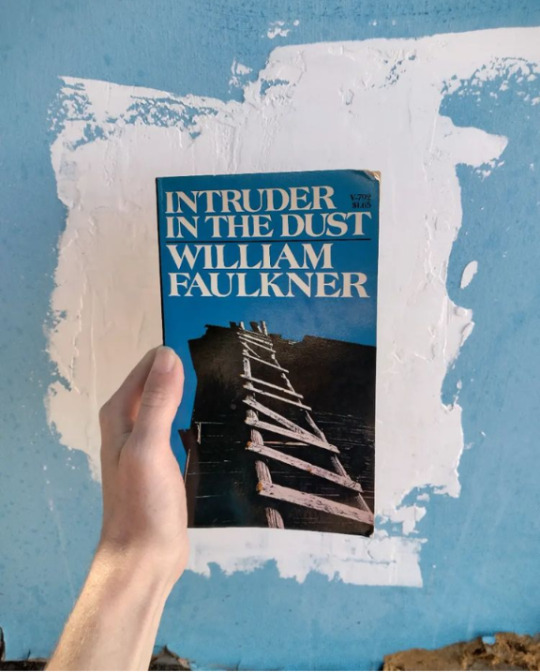
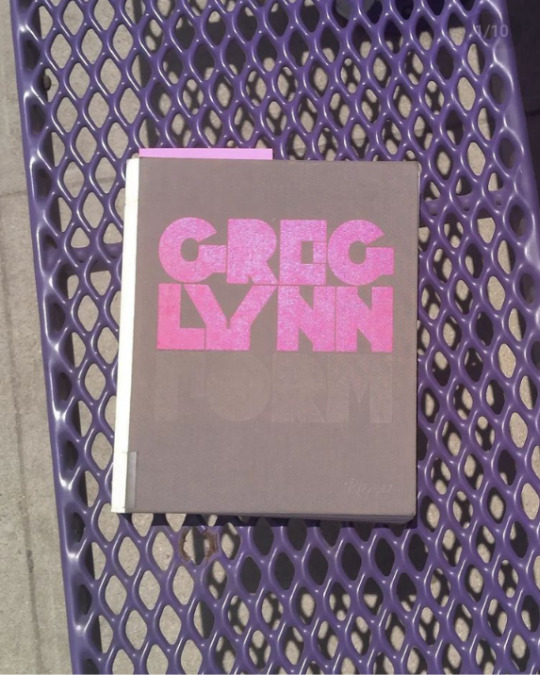
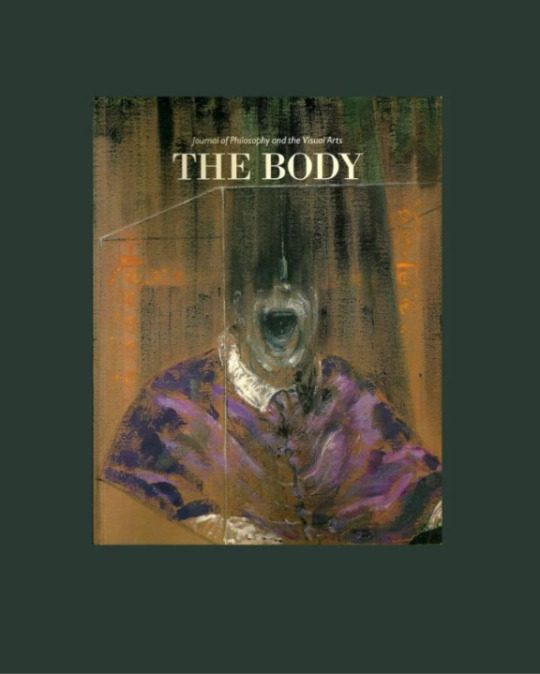
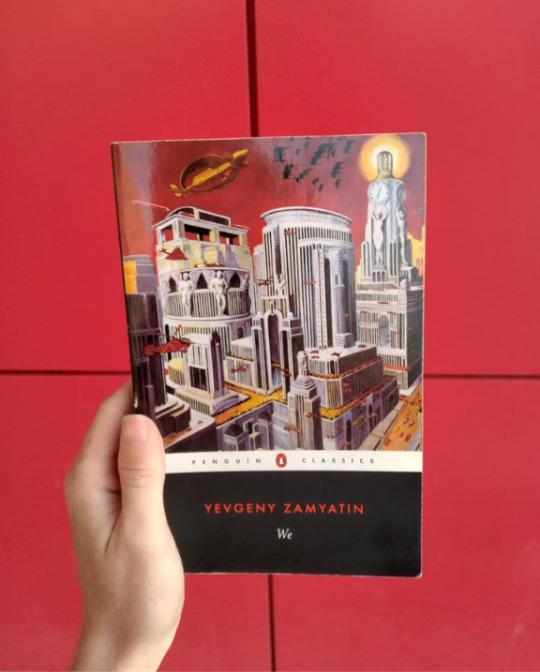
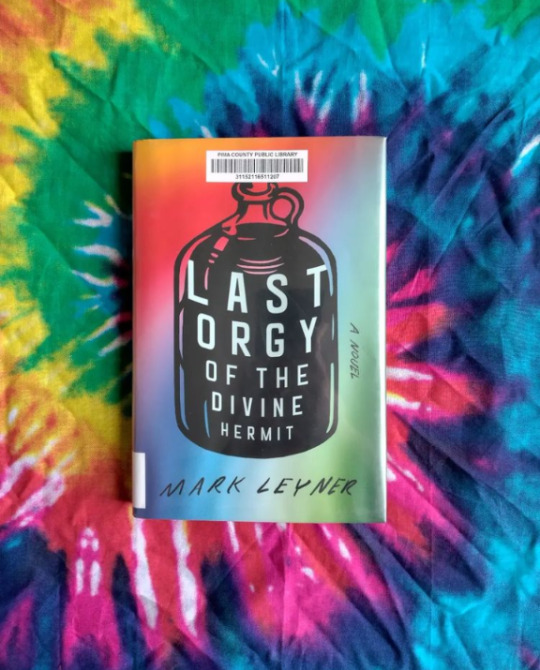
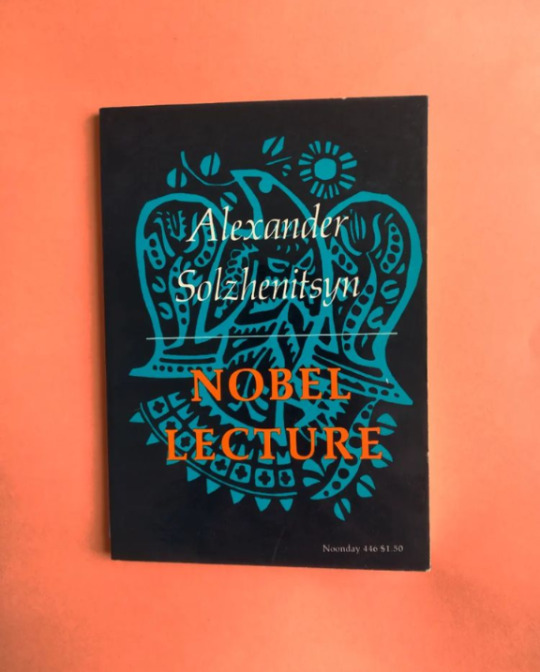
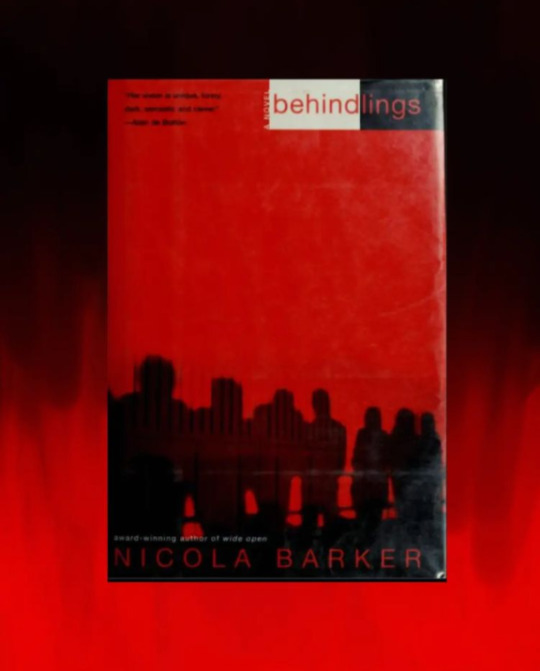
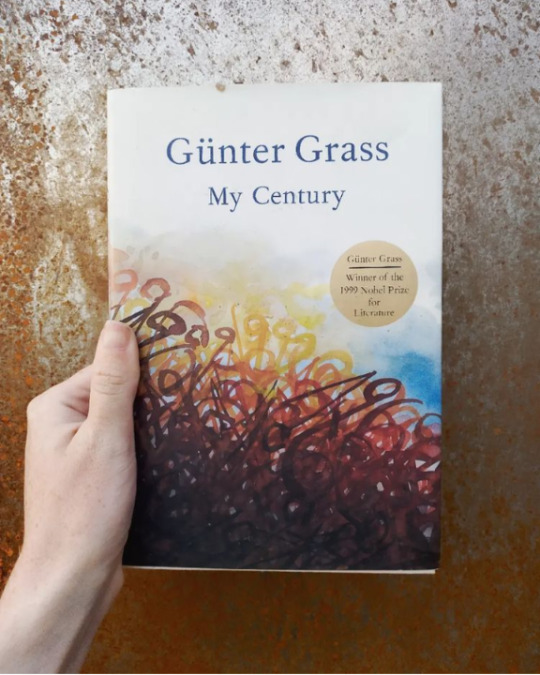
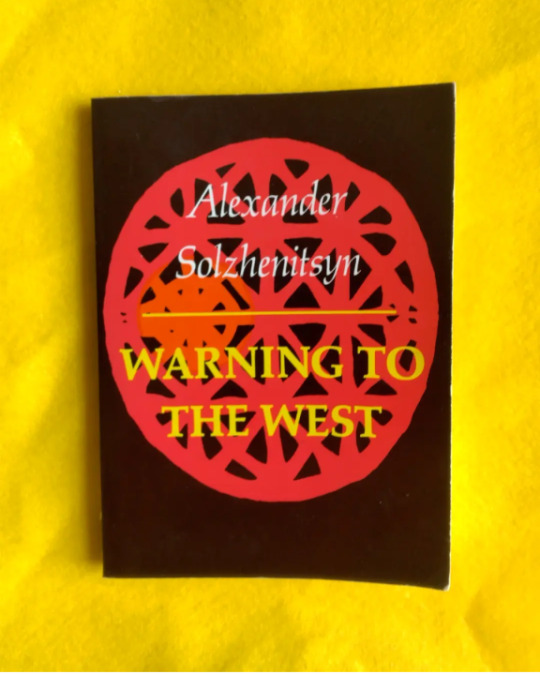
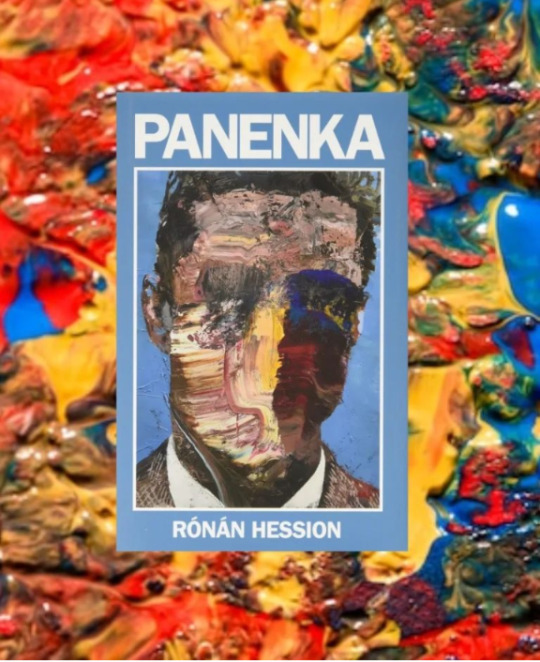
Books 63 through 72 of the year 📖 !
#read in 2022#günter grass#gunter grass#william faulkner#yevgeny zamyatin#alexander solzhenitsyn#mark leyner#greg lynn#nicola barker#rohan hession#aleksandr solzhenitsyn#talks
4 notes
·
View notes
Photo

Johnny Butterass was busy that day
1 note
·
View note
Text
Books I read in 2016
This a list of books that I read this year -- or, more accurately, finished. I have at least four other books began in 2016 that are in some stage of reading. Maybe more. I've included a few brief thoughts on each...
1. Fish in the Dark by Larry David (January 2): I vaguely recall this. It had its funny moments. I wish I'd gotten a chance to see David in this.
2. The Power of the Dog by Don Winslow (January 9): Goddamn... this picks up pretty much where Ellroy's stuff stops and shifts gears just enough. Not as much mixing of historical figures, but it's the same broad strokes -- the same nasty sort of people. Really fucking good.
3. Stories I Tell Myself: Growing Up with Hunter S. Thompson by Juan F. Thompson (January 29): I got this for my birthday and read it that day. Funny book... a little surprising in parts... and ends with some bits of barely disguised bits about his issues with Anita. The Hunter/Juan stuff is something that had never really been explored too much anywhere and to have a whole book detailing one side of that relationship was cool.
4. The Man Who Sold the World: David Bowie and the 1970s by Peter Doggett (February 13): A bit of a chore after a time. It goes through every song Bowie recorded in the '70s and that sort of approach can grow tedious. But, there's a reason why I read it when I did and that's fine enough.
5. Baseball Prospectus 2016 ed. Patrick Dubuque, Sam Miller, and Jason Wojciechowski (February 18): A new yearly tradition. 2017's edition is already pre-ordered. My strongest memory of this one is sitting in this tiny Starbucks connected to the Indigo in Tecumseh while Michelle was at the gym (and Ryan at the daycare there). As it was around Valentine's Day, I had some raspberry chocolate coffee thing. I also got a croissant. It was overpriced and undergood. I do love reading the team essays. A nice primer on the upcoming season.
6. The Cartel by Don Winslow (March 6): The Power of the God was sprawling, while this was more contained. But, it covered more ground in its own way. It was heartbreaking in a larger way. This book hammers you. I don't know what a third one will bring, but I'm there.
7. Gone with the Mind by Mark Leyner (March 15): I liked The Sugar Frosted Nutsack, but that felt like a warm-up book. A bit tedious; a bit too involved with itself. This was the return to the Mark Leyner I know and love with himself as the protagonist. What surprised me was how fucking good his mother's section was. How affecting it was and how much it added to the book. Probably the best new book I got in 2016.
8. Et Tu, Babe by Mark Leyner (March 19): Still one of my favourites... always.
9. My Cousin, My Gastroenterologist by Mark Leyner (April 10): So hit and miss. You have to find a lot in the small moments and sentences. I'm not sure if this has aged well.
10. Launching a Leadership Revolution: Developing Yourself and Others Through the Art and Science of Leadership by Chris Brady and Orrin Woodward (May 3): This year, I began a leadership development program at work. It's a two-year thing and one of the homework assignment is reading books. This was the first that I picked and it was a good place to start. It was very hit or miss with regards to things you probably already knew. But, kind of like what I said about Bendis's book last year: it's good to have it all in one place. Plus, there were some things that I learned.
11. Eleven Rings: The Soul of Success by Phil Jackson and Hugh Delehanty (May 8): I bought this to contribute to the leadership program's library. As my company/industry is, in many ways, female-dominated, I saw a lot of "woman's rise to the top of business in a man's world" type of books available and, hey, that's great, but I wanted something that seemed a bit more like a book I would choose to read. I also thought about the sort of leaders that I respect and anyone who can make a pro sports team with all of the egos and money and shit work -- 11 times! -- is someone I was interested in hearing from. My biggest takeaway is that coaches have one advantage: the shared goal. All of the players want the championship and I've been struggling to carry that over to my profession where there is no inherent goal like that. But, it's a good book.
12. Your Favorite Band is Killing Me: What Pop Music Rivalries Reveal about the Meaning of Life by Steven Hyden (May 29): Such a fun read. I love stuff like this. I can't wait for Hyden's next book. He fills a bit of a void that Klosterman has left as he's moved, with each book, to more high concepts and less about specific popculture. Not that that's a bad thing... it just leaves a void and I'm glad someone with Hyden's talent and smarts is able to fill it.
13. But What If We’re Wrong? Thinking About the Present As If It Were the Past by Chuck Klosterman (June 22): Speaking of which... A really interesting read that goes in some unexpected directions. I'm not sure it carries as strongly through the finish, sometimes becoming a little repetitive. Some chapters really had me going...
14. Imperial Bedrooms by Bret Easton Ellis (August 18): A spur of the moment reread. No new thoughts really.
15. Predators by Jim Starlin and Daina Graziunas (August 27): This took forever to read. Lots of putting it down to read other things. It's an odd book that feels like book five in a series about this telepathic hunter of serial killers. The plot doesn't go anywhere you'd expect. Not as good as their first novel; way better than their second.
16. Blind Willow, Sleeping Woman by Haruki Murakami (September 18): My first time rereading this completely since it first came out. I'd reread some stories here and there over the years, but never the whole thing. I love the simplicity of his stories. And the variety.
17. Wicked and Weird: The Amazing Tales of Buck 65 by Rich Terfry (September 24): Picked this up from the bargin table. It was $4-$6. Not sure what exactly. The first two-thirds are great; entertaining and engaging. The final third just goes off the rails. I wish he'd make another album.
18. Sputnik Sweetheart by Haruki Murakami (September 24): Another that I hadn't reread in a while. Not sure what I think about it.
19. What I Talk about When I Talk about Running by Haruki Murakami (October 2): I got the mind to read this after different people in the leadership program talked about running. I was also gearing up for the new Murakami book and the two seemed to intersect.
20. The Greatest Albums You’ll Never Hear: Unreleased Records by the World’s Greatest Artists edited by Bruno MacDonald (November 6): Informative in places. Books like this suffer a bit, because, if you know about a musician well, then you probably know about the album(s) discussed and learn little new. If you don't know about a musician a lot, then you learn lots, but don't necessarily care. Good book for what it is.
21. Absolutely on Music by Haruki Murakami and Seiji Ozawa (November 28): I'm surprised at how much I liked this. It definitely put me in the mind to want to listen to this type of music. My only complaint is that they didn't touch on topics I would have liked them to (orchestras playing with rock bands, for example), but that's not a fair criticism at all. This was two guys having some conversations with a purpose, but also because they enjoyed it.
22. Who Moved My Cheese? By Spencer Johnson (November 29): Another leadership book. It was alright. I read it while Ryan napped. It took half an hour.
23. Normal by Warren Ellis (December 3): Depressing and fun. I read this in one shot on a Saturday with the house empty. Ellis probably could have gotten more of the concept, but why push it? The brief flirtation with the campers take over the corrupt camp plot was fun. The final revelation is slightly disappointing at first, but it stayed with me. It sunk in a bit. Hmm...
24. Triggers by Marshall Goldsmith (December 5): Another leadership book. I really liked this one and have been working to implement some of its concepts into my daily life.
And that's it. I've finished one book in 2017 already.
#books#larry david#haruki murakami#mark leyner#warren ellis#chuck klosterman#steven hyden#jim starlin#bret easton ellis#don winslow
2 notes
·
View notes
Text
friends, do consider this delightfully eccentric syllabus that i’ve stumbled upon in Steven Moore’s The Novel: An Alternative History (& that was built around the unorthodox masterpiece that is Rabelais’ Gargantua and Pantagruel):
“With the motto "Do What You Will," Rabelais gave himself permission to do anything he damn well pleased with the language and the form of the novel; as a result, every author of an innovative novel mixing literary forms and genres in an extravagant style is indebted to Rabelais, directly or indirectly. Out of his codpiece came Aneau's Alector, Nashe's Unfortunate Traveller, Lopez de Ubeda's Justina, Cervantes' Don Quixote, Beroalde de Verville's Fantastic Tales, Sorel's Francion, Burton's Anatomy, Swift's Tale of a Tub and Gulliver's Travels, Fielding's Tom Jones, Amory's John Buncle, Sterne's Tristram Shandy, the novels of Diderot and maybe Voltaire (a late convert), Smollet's Adventures of an Atom, Hoffmann's Tomcat Murr, Hugo's Hunchback of Notre-Dame, Southey's Doctor, Melville's Moby-Dick, Flaubert's Temptation of Saint Anthony and Bouvard and Pecuchet, Twain's Adventures of Huckleberry Finn, Frederick Rolfe's ornate novels, Bely's Petersburg, Joyce's Ulysses, Witkiewicz's Insatiability, Barnes's Ryder and Ladies Almanack, Gombrowicz's Polish jokes, Flann O'Brien's Irish farces, Philip Wylie's Finnley Wren, Patchen's tender novels, Burroughs's and Kerouac's mad ones, Nabokov's later works, Schmidt's fiction, the novels of Durrell, Burgess (especially A Clockwork Orange and Earthly Powers), Gaddis and Pynchon, Barth, Coover, Sorrentino, Reed's Mumbo Jumbo, Brossard's later works, the masterpieces of Latin American magic realism (Paradiso, The Autumn of the Patriarch, Three Trapped Tigers, I the Supreme, Avalovara, Terra Nostra, Palinuro of Mexico), the fabulous creations of Severo Sarduy and Reinaldo Arenas, Markson's Springer's Progress, Mano's Take Five, Rios's Larva and otros libros, the novels of Patil West, Tom Robbins, Stanley Elkin, Alexander Theroux, W. M. Spackman, Alasdair Gray, Gaetan Soucy, and Rikki Ducornet ("Lady Rabelais," as one critic called her), Mark Leyner's hyperbolic novels, the writings of Magister Gass, Greer Gilman's folkloric fictions and Roger Boylan's Celtic comedies, Vollmann's voluminous volumes, Wallace's brainy fictions, Siegel's Love in a Dead Language, Danielewski's novels, Jackson's Half Life, Field's Ululu, De La Pava's Naked Singularity, and James McCourt's ongoing Mawrdew Czgowchwz saga.”
(+ it seems that someone has even gone out of their way to combine all of these into a goodreads list, if that’s your cup of tea!)
#*#personally speaking i'm nearly swooning over it#i'm familiar with a fair share of those titles but oh. not all of them. definitely not all of them.#the thrill of literary discovery!#syllabuses
368 notes
·
View notes
Link
Check out this listing I just added to my Poshmark closet: "Why Do Men Fall Asleep After Sex" 12 Chapters Paper Back 262 Pages.
0 notes